Honolulu, Hawaii — In a pivotal session on the final day of the Indo-Pacific Senior Enlisted Leaders Subject Matter Expert Exchange (IPSEL SMEE), Command Senior Enlisted Leader of the U.S. Space Command, Chief Master Sergeant Jacob Simmons, captivated senior enlisted leaders with a discussion on the expanding role of space in regional security dynamics.
The week-long event, which saw senior enlisted leaders from across 21 nations gather to enhance leadership professionalism and establish educational programs, concluded with Simmons’ comprehensive overview of the strategic importance of space operations.
Simmons underscored the increasing reliance of the Indo-Pacific region on space-based capabilities for communication, navigation, and surveillance, all crucial components in maintaining situational awareness and supporting military operations. With tensions rising in contested areas such as the South China Sea, Simmons highlighted how space assets provide vital real-time information that can de-escalate potential conflicts and aid in humanitarian and disaster relief efforts.
“Space is not just a supporting domain, it’s a pivotal domain,” stated Simmons, emphasizing the evolving challenges and opportunities that space presents. He spoke on integrating space capabilities with terrestrial military operations to ensure comprehensive defense readiness and the importance of collaboration among Indo-Pacific nations in promoting responsible behavior in space, ensuring a sustainable and secure environment for all.
The talk resonated with the assembled senior enlisted leaders, as many nations of the Indo-Pacific are directly affected by space-based communication, navigation, and surveillance systems. Understanding the implications of space assets and potential threats in orbit is critical for our collective security, reflected a participating senior enlisted leader.
The speech prompted thoughtful dialogue among the senior enlisted leaders, many of whom expressed a newfound appreciation for the role of Space Command in strategic planning and operations. “This discussion has truly broadened our horizons,” said a participating senior enlisted leader. “Understanding the role of space assets in our daily missions is eye-opening and indispensable.”
The session concluded with a lively Q&A, where Simmons addressed concerns about space debris, anti-satellite weapon threats, and the role of international law in space. The discussions highlighted an awareness that space is not a void in geopolitics; rather, it is a continuum of the terrestrial landscape where international competition and cooperation transpire.
The event, co-hosted by the Daniel K. Inouye Asia-Pacific Center for Security Studies and the Indo-Pacific Command, has successfully set a high standard for future professional military education for senior enlisted leaders. As these leaders return to their respective nations, the insights provided by Simmons and other esteemed speakers are expected to shape the region’s approach to space and security for years to come.


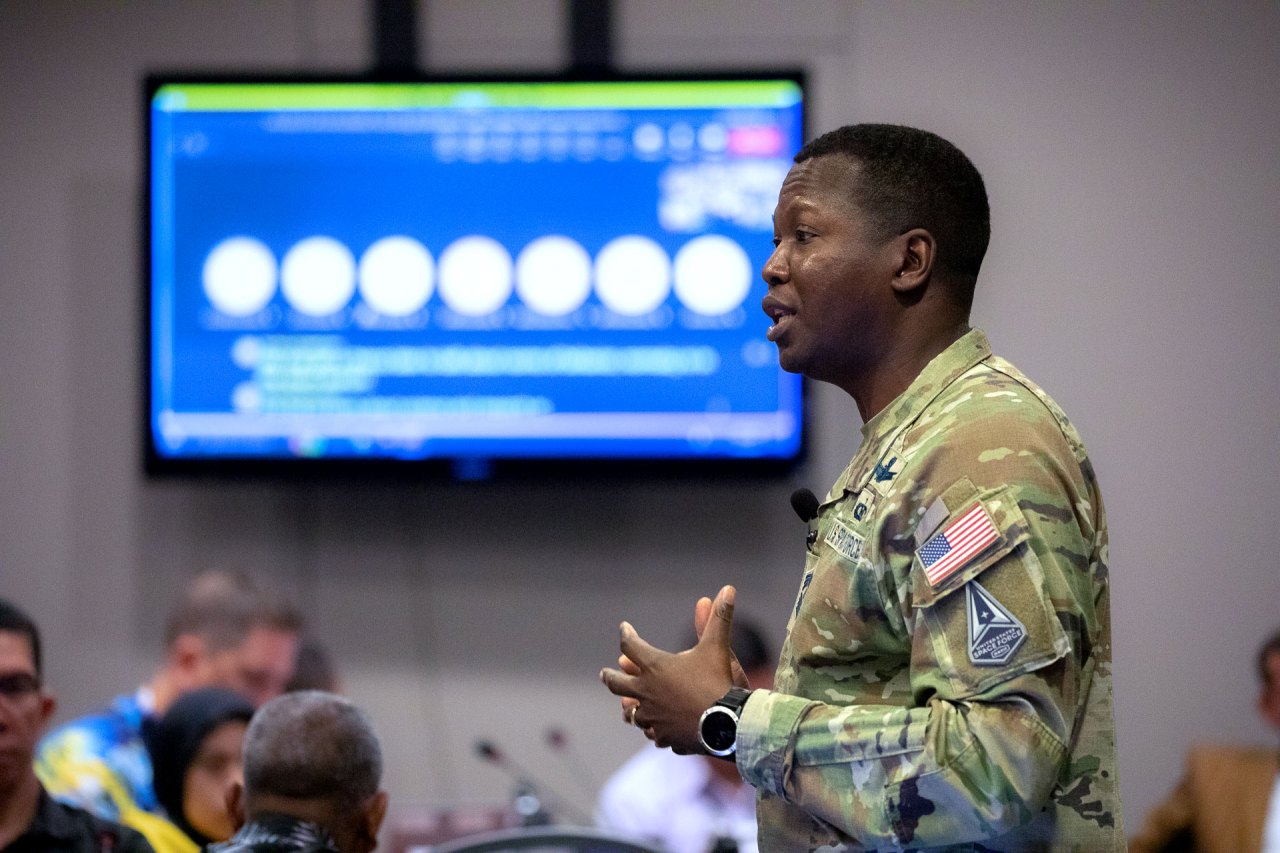
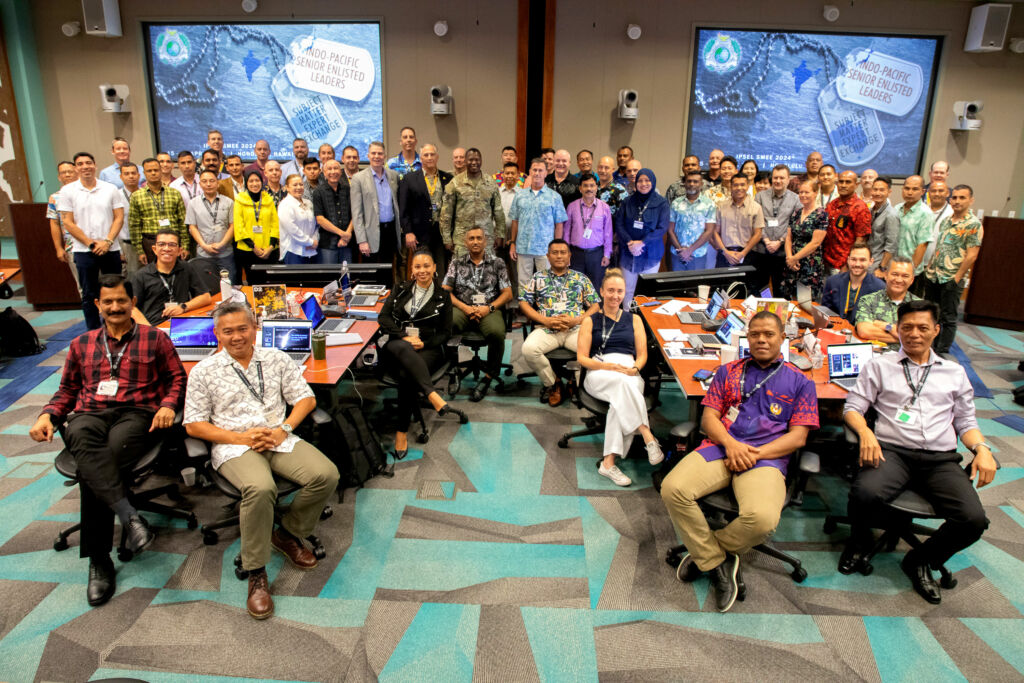
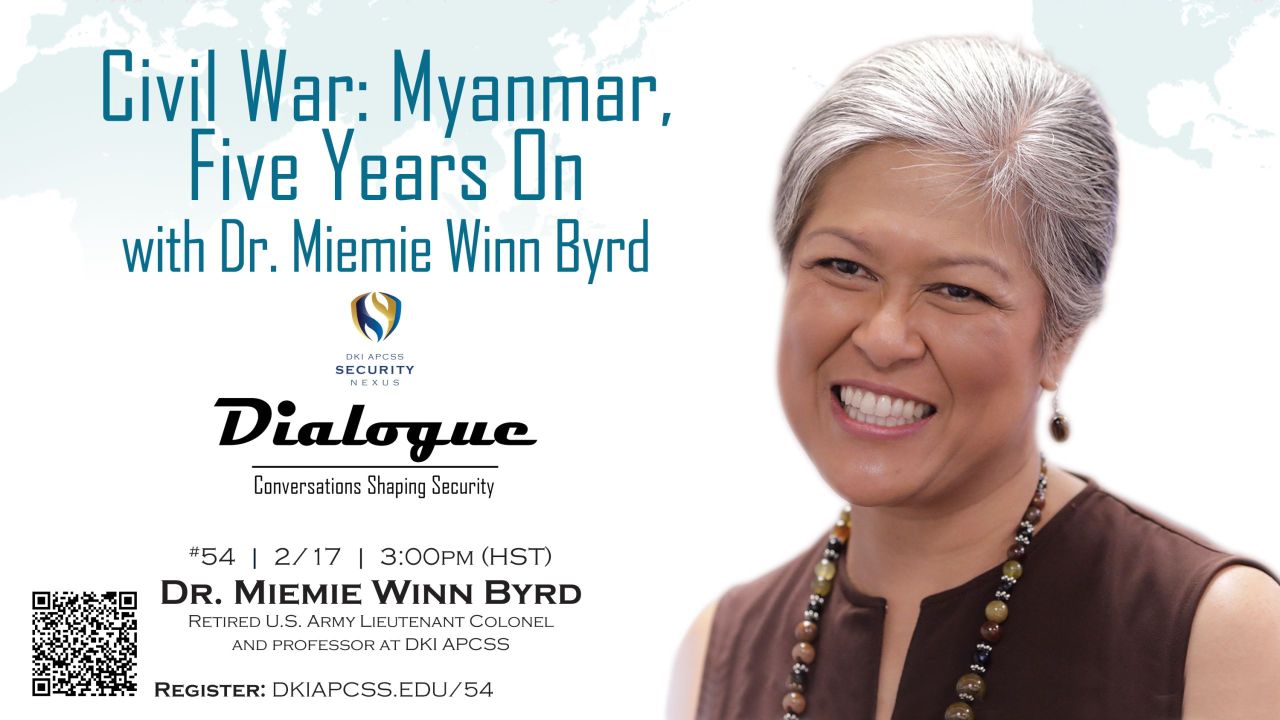
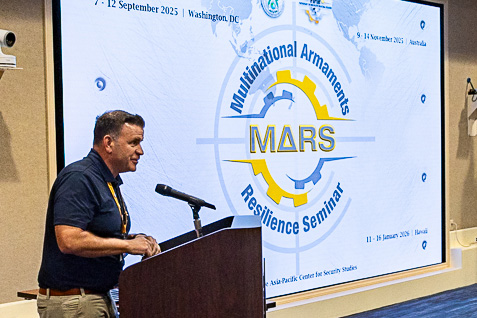
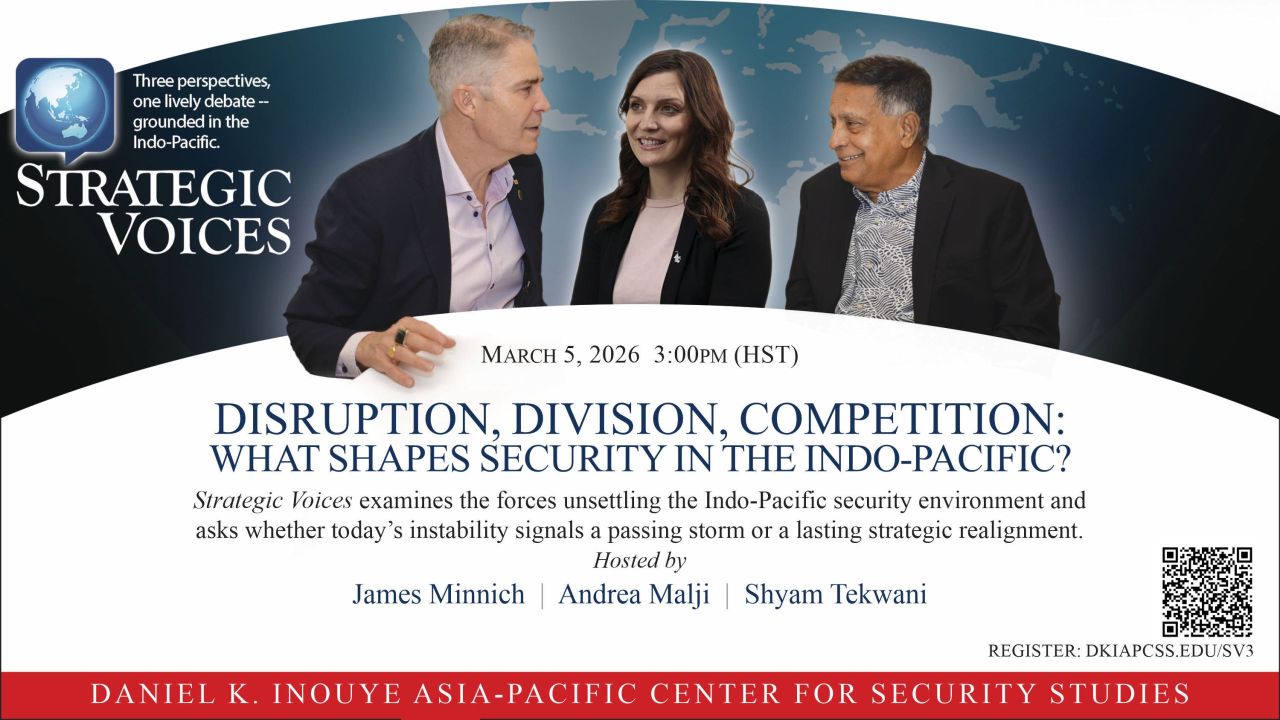




Leave A Comment